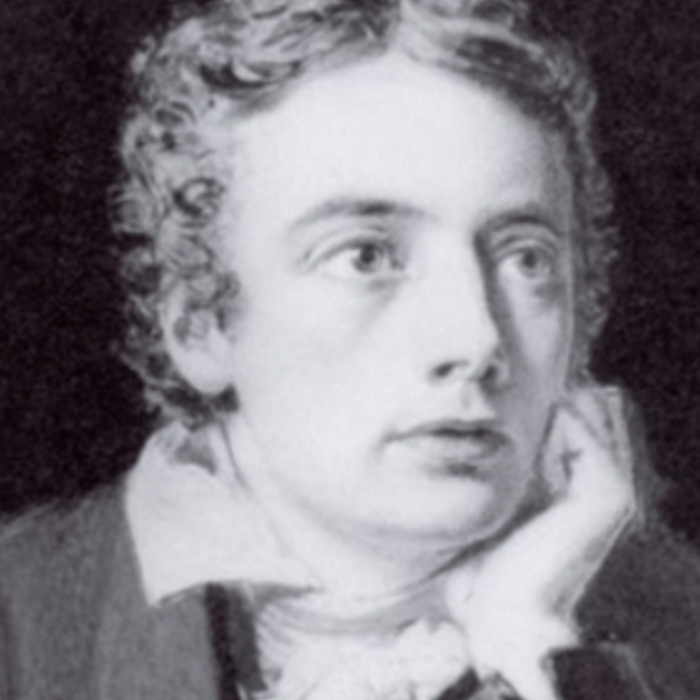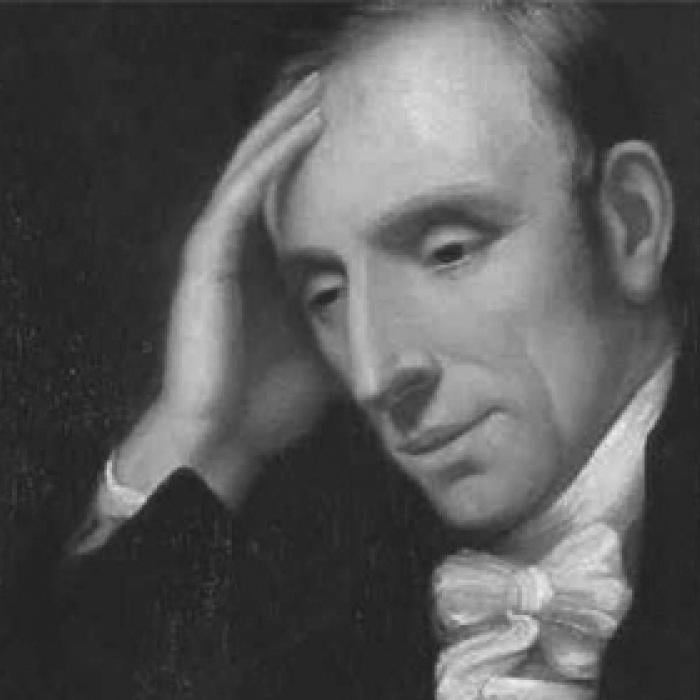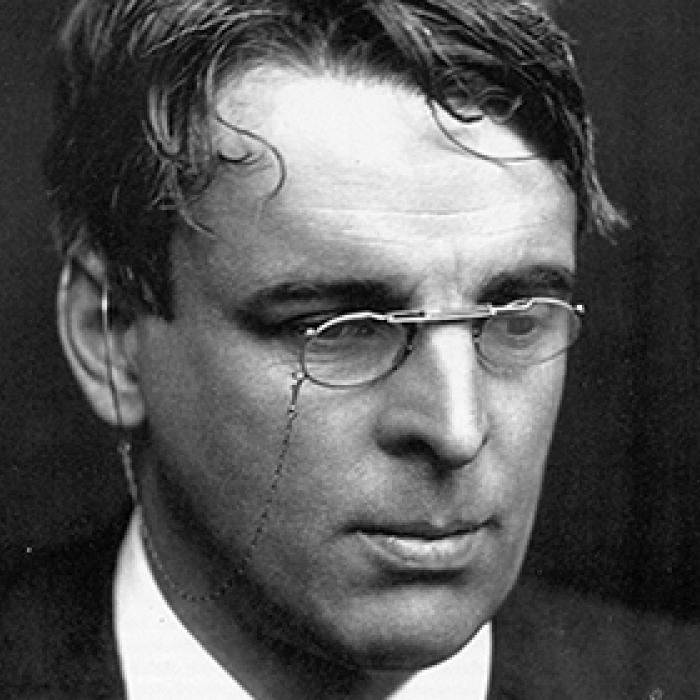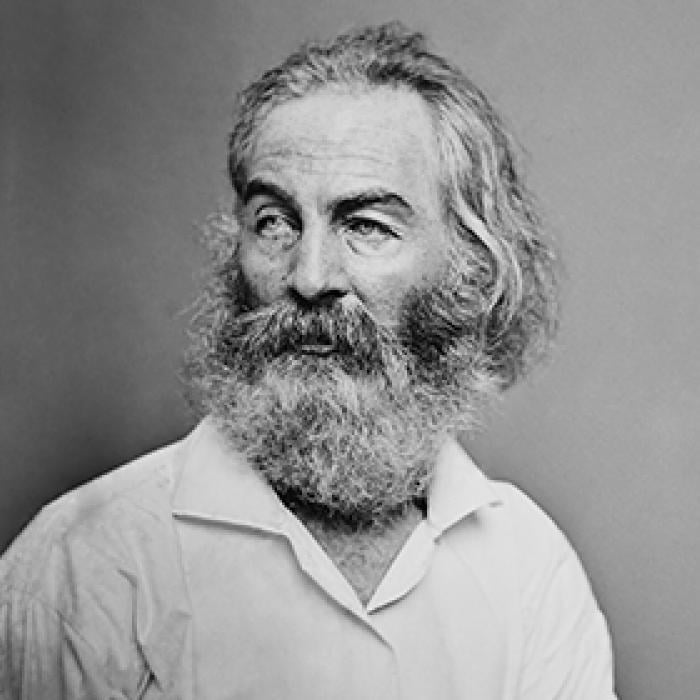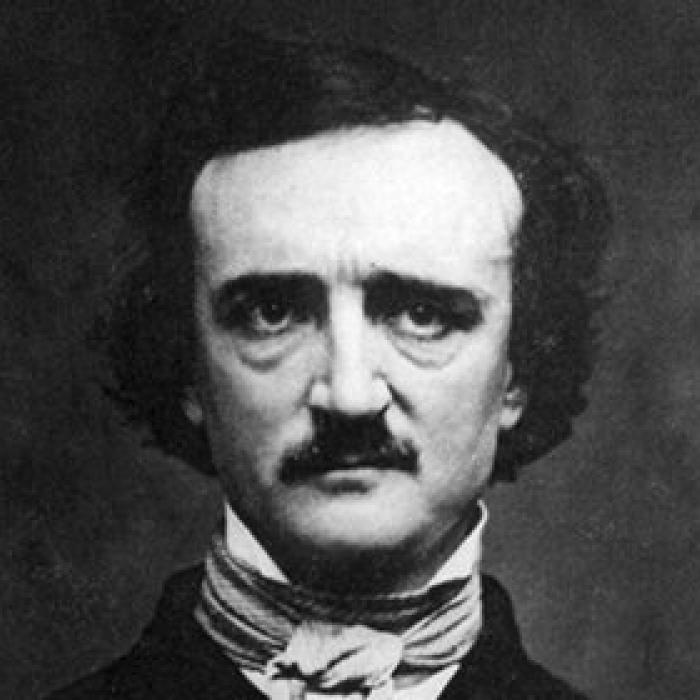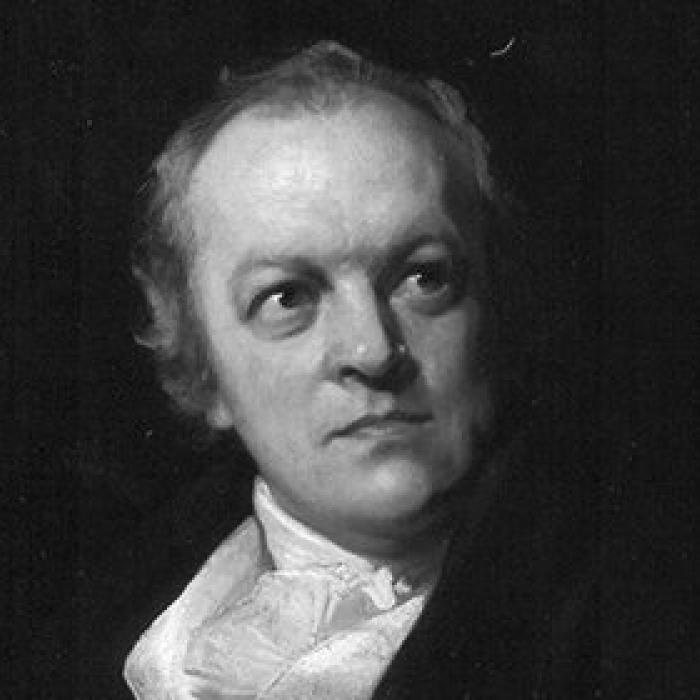Alfred Noyes
Born to Alfred and Amelia Adams Noyes on September 16, 1880, Alfred Noyes grew up in Wolverhampton, England. His father, a grocer and a teacher, taught Noyes Latin and Greek. Noyes attended Exeter College, Oxford, but left before he earned a degree. At the age of twenty-one he published his first collection of poems, The Loom Years (1902), which received praise from respected poets such as William Butler Yeats and George Meredith.
Between 1903 and 1908, Noyes published five volumes of poetry including The Forest of Wild Thyme (1905) and The Flower of Old Japan and Other Poems (1907). In his early work, Noyes claimed he was seeking to "follow the careless and happy feet of children back into the kingdom of those dreams which...are the sole reality worth living and dying for; those beautiful dreams, or those fantastic jests." His books were widely reviewed and were published both in Britain and the United States. Among his best-known poems from this time are "The Highwayman" and "Drake." "Drake," which appeared serially in Blackwood's Magazine, was a two-hundred page epic about life at sea. Both in style and subject, the poem shows a clear influence of Romantic poets such as Tennyson and Wordsworth.
In 1907, Noyes married Garnett Daniels. They had three children. His increasing popularity allowed the family to live off royalty checks. In 1914, Noyes accepted a teaching position at Princeton University, where he taught English Literature until 1923. He was a noted critic of modernist writers, particularly James Joyce. Likewise, his work at this time was criticized by some for its refusal to embrace the modernist movement.
In 1922 he began an epic called The Torch Bearers, which was published in three volumes (Watchers of the Sky, 1922; The Book of Earth, 1925; and The Last Voyage, 1930). The book arose out of his visit to a telescope located at Mount Wilson, California and attempted to reconcile his views of science with religion. His wife died in 1926 and Noyes turned increasingly to Catholicism and religious themes in his later books, particularly The Unknown God (1934) and If Judgment Comes (1941). During the World War II, Noyes lived in Canada and America and was a strong advocate of the Allied effort. In 1949, he returned to Britain. As a result of increasing blindness, Noyes dictated all of his subsequent work. His autobiography, Two Worlds for Memory, was published in 1953. Alfred Noyes died on June 25, 1958, and was buried on Isle of Wight.

